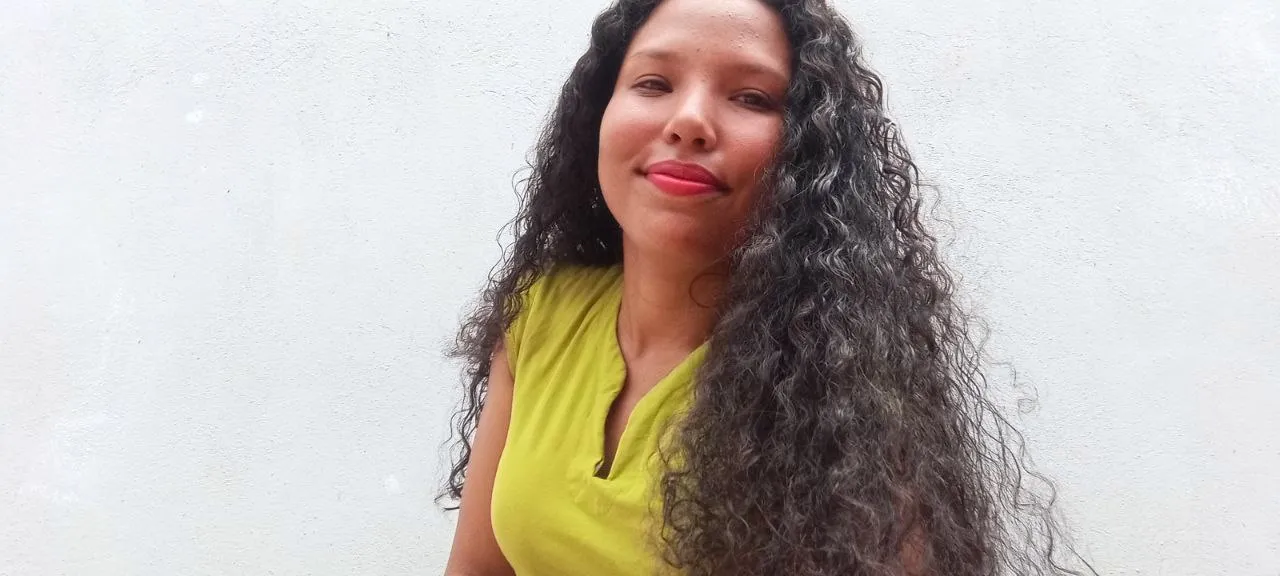
9/5/25
Con los años he elegido el silencio en algunas ocasiones.
Uno de los principales motivos es mi paz personal. Realmente en este punto de mi vida no me interesa discutir con alguien. Puedo dar mi punto de vista, si es considerado, perfecto. De lo contrario, solo me doy la media vuelta y me voy. ¡Que discuta solo/a!
Esto, siendo sincera, también hace molestar a las personas, pero, no le veo el sentido al quedarme allí.
Mi motivo es que cuando estamos molestos, decimos cosas que generan más problemas, e incluso, que hieren a las personas. Por lo que no valen la pena.
Es por ello que creo que el secreto del silencio está en la comunicación. En ocasiones solo necesito un tiempo a solas, lo cual puede ser interpretado como "está molesta con todo".
Para evitar eso, lo que hago es decirle a la persona que necesito pensar, debido a que me abrumo. Y prefiero apartarme para ello.
Sin embargo, lo aprendí con el tiempo. Mi madre no entendía por qué me aislaba, hasta que un día le dije que necesitaba mi espacio para pensar.
En ese momento también comprendí lo importante que es decirle a esa persona lo que harás, debido a que puede ser malinterpretado.
Claramente, también las personas suelen guardar silencio cuando se molestan. No lo veo mal, siempre y cuando las acciones sean las correctas.
Hago énfasis en ello porque observo parejas cercanas que usan este método para castigarse, haciendo daño a la otra persona. Porque sabe que la otra persona no soporta estos comportamientos, al igual que conoce muy bien que la otra persona intentará mediar mediante muestras de cariño, así sea rechazada/o.
Lo que hace que le añada a mi lista: No aceptar a una pareja con una forma de pensar violenta.
Porque, aunque se ha normalizado en nuestra sociedad, la realidad es que cuando se usa el silencio de esta manera es un tipo de violencia que nadie merece.
Tu pareja no tiene por qué castigarte, no eres una niña/o, no es tu padre o tu madre. Es tu pareja, es la persona que debe apoyarte, cuidarte, ser tu compañero.
Ni siquiera con un niño pequeño funciona el silencio, porque lo recibirá como rechazo. Entonces, ¿por qué debemos aceptarlo de una persona?
Por encima de todo, de una persona adulta.
De forma que creo que si a la edad de 25 años alguien continúa con estos comportamientos, no necesita una pareja. Lo que necesita es trabajar con sus problemas y debilidades en general.
Creo que las personas debemos de ser más responsables, con nosotros, y con nuestro entorno.
Porque si amamos a alguien, queremos lo mejor para esa persona, no darle malos tratos, momentos amargos, y miles de dificultades.
Y este es el mayor problema de la normalización y la globalización. La forma en la que aceptamos lo que está mal solo porque creemos que lo que vemos en la web está "bien", y no es cierto.
La mayor parte de lo que se ve en Internet hoy en día está mal. La violencia está mal, los celos están mal, creer que se tiene carácter cuando en realidad la persona es desagradable, también está mal.
Por ello, en mi opinión personal, hay que dar un tiempo al procesamiento de esta información mediante nuestro propio juicio. Preguntarnos si realmente eso que vemos está bien.
Hago mención de esto porque fue un consejo lector que me pareció interesante, y que sin darme cuenta lo aplicaba. Parafraseando un poco:
Leer un libro, y esperar un tiempo mientras reflexionas y procesas ese libro. Con ello puedes generar tus propias ideas sobre algo, sin perder ese juicio personal.
¿Realmente es tu idea? ¿Realmente estás de acuerdo con ello? ¿Por qué estás de acuerdo?, ó ¿Por qué no estás de acuerdo?
Las dos últimas preguntas son mis favoritas para la autocritica, porque son fáciles de responder para cualquier persona.
Así que, ¿s realmente el silencio la mejor opción?
Fíjate en la forma en la que se traduce por medio de las acciones que se toman en ese proceso.
Over the years, I've chosen silence on a few occasions.
One of the main reasons is my personal peace. At this point in my life, I'm really not interested in arguing with someone. I can give my point of view, if it's considered, fine. Otherwise, I just turn around and walk away. Let them argue alone!
This, to be honest, also annoys people, but I don't see the point in staying there.
My reason is that when we're upset, we say things that create more problems, and even hurt people. So they're not worth it.
That's why I believe the secret of silence lies in communication. Sometimes I just need some time alone, which can be interpreted as "they're upset about everything."
To avoid that, what I do is tell the person I need to think, because I'm overwhelmed. And I prefer to step away to do it.
However, I learned this over time. My mother didn't understand why I isolated myself, until one day I told her I needed my space to think.
At that moment, I also realized how important it is to tell that person what you're going to do, because it can be misinterpreted.
Clearly, people also tend to remain silent when they're upset. I don't see anything wrong with it, as long as the actions are the right ones.
I emphasize this because I observe close couples who use this method to punish themselves, hurting the other person. Because they know the other person can't stand these behaviors, just as they know full well that the other person will try to mediate through displays of affection, even if they're rejected.
Which makes me add this to my list: Do not accept a partner with a violent way of thinking.
Because, although it has been normalized in our society, the reality is that when silence is used in this way, it is a type of violence that no one deserves.
Your partner doesn't have to punish you; you're not a child, they're not your father or mother. They're your partner; they're the person who should support you, care for you, and be your companion.
Silence doesn't work even with a small child, because it will be perceived as rejection. So why should we accept it from a person?
Above all, from an adult.
So I think that if someone continues to behave this way at the age of 25, they don't need a partner. What they need is to work on their problems and weaknesses in general.
I think people should be more responsible, with themselves and with those around them.
Because if we love someone, we want the best for that person, not to give them abuse, bitter moments, and thousands of difficulties.
And this is the biggest problem with normalization and globalization: the way we accept what's wrong just because we believe what we see on the web is "right," and it's not true.
Most of what you see on the internet today is wrong. Violence is wrong, jealousy is wrong, believing you have character when in reality the person is unpleasant is also wrong.
Therefore, in my personal opinion, we must take time to process this information through our own judgment. Ask ourselves if what we see is really right.
I mention this because it was a piece of reading advice that I found interesting, and which I inadvertently applied. To paraphrase a bit:
Read a book, and wait a while while you reflect and process that book. With this, you can generate your own ideas about something, without losing that personal judgment.
Is it really your idea? Do you really agree with it? Why do you agree? Or why don't you agree?
The last two questions are my favorites for self-criticism because they are easy for anyone to answer.
So, is silence really the best option?
Notice how this is translated through the actions taken in that process.
Texto de mi autoría.
Imágenes en el post creadas por mi en estos software:
- Iconos hechos en Photoshop, usando como referencia los logos de las redes sociales correspondientes.
- Banners y portada realizados en Canva en la versión gratuita.
- Todas las fotografías en el post son de mi autoría, las cuales edito con las apps de Lightroom y Meitu.

Contacto a mis RRSS, o escribe a mi Discord: zulfrontado#2666
 |  |  |  |  |
|---|

